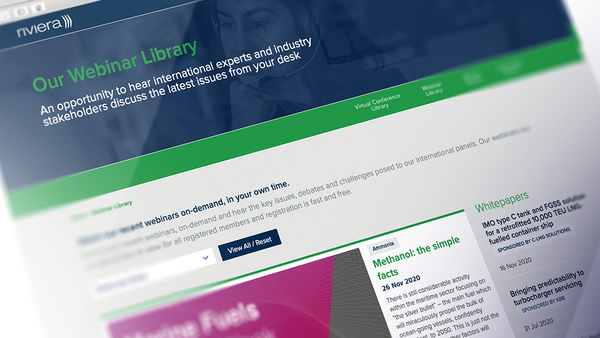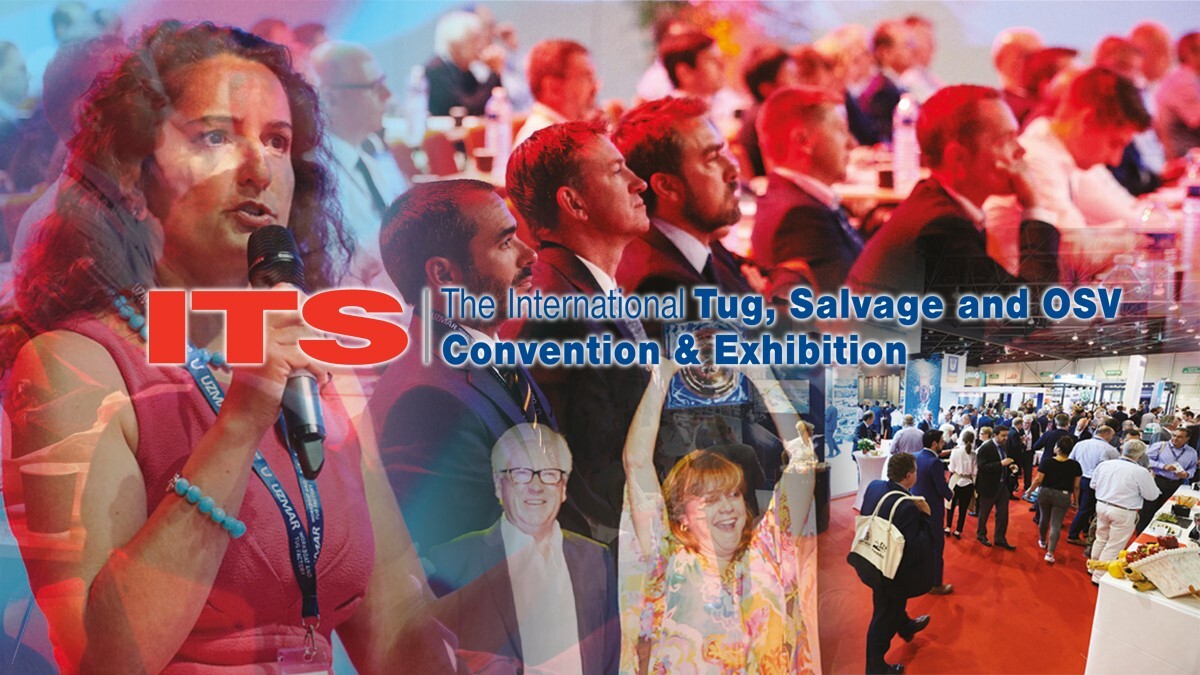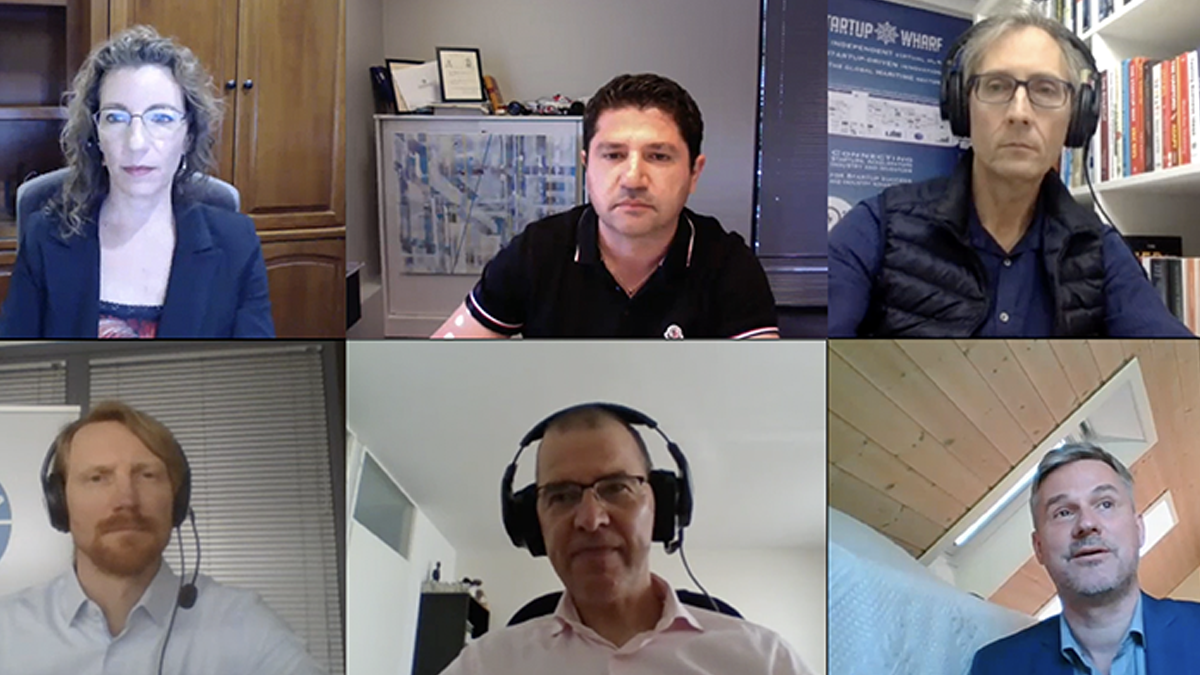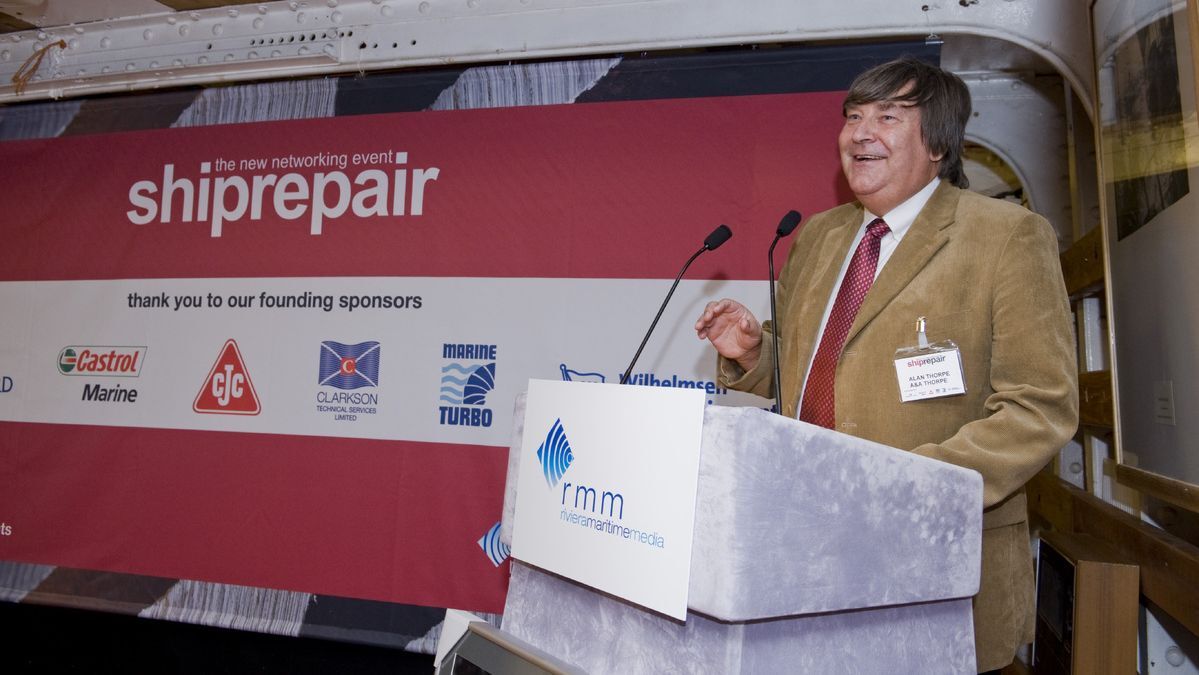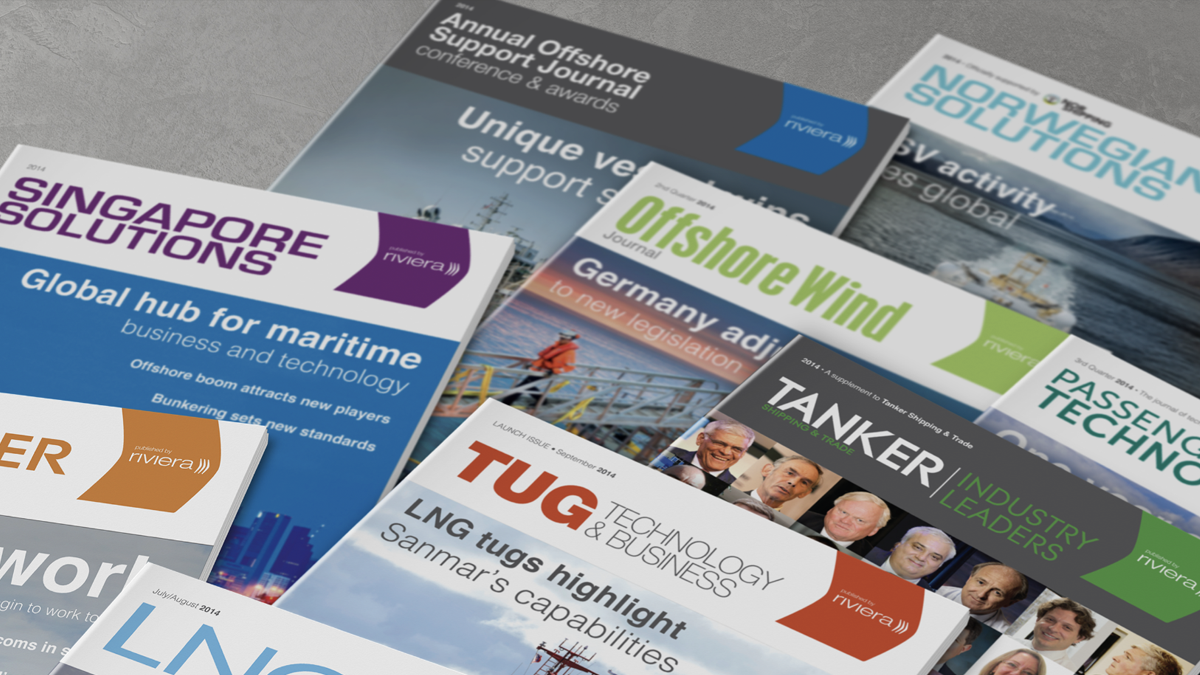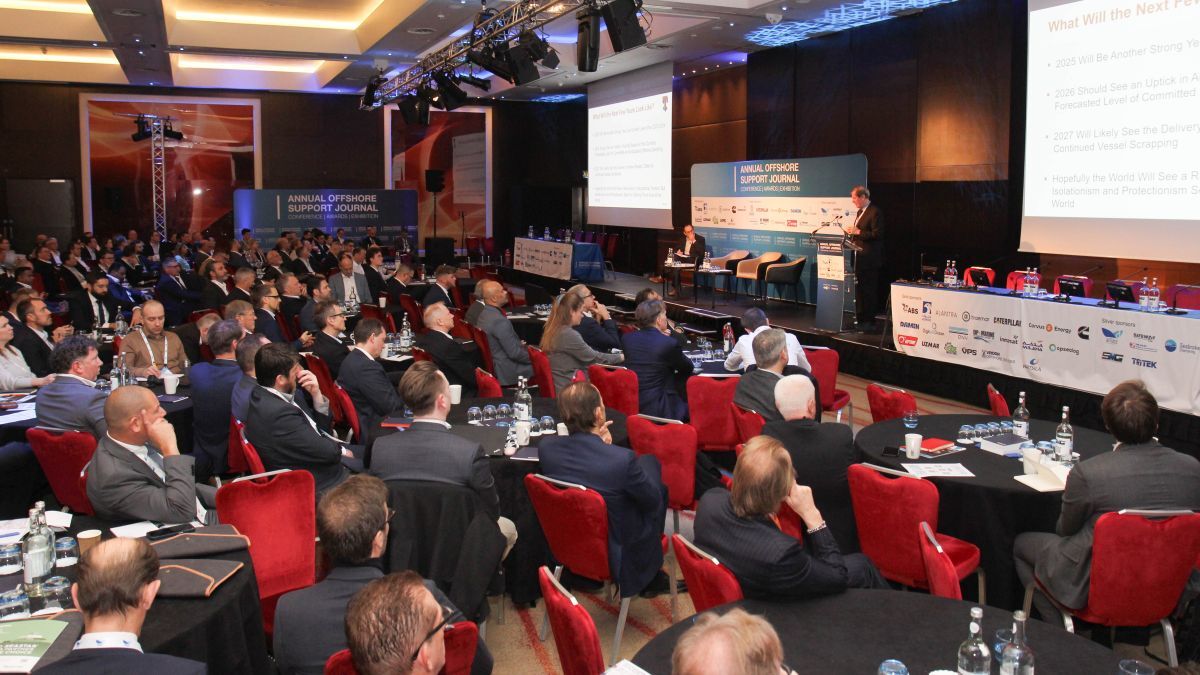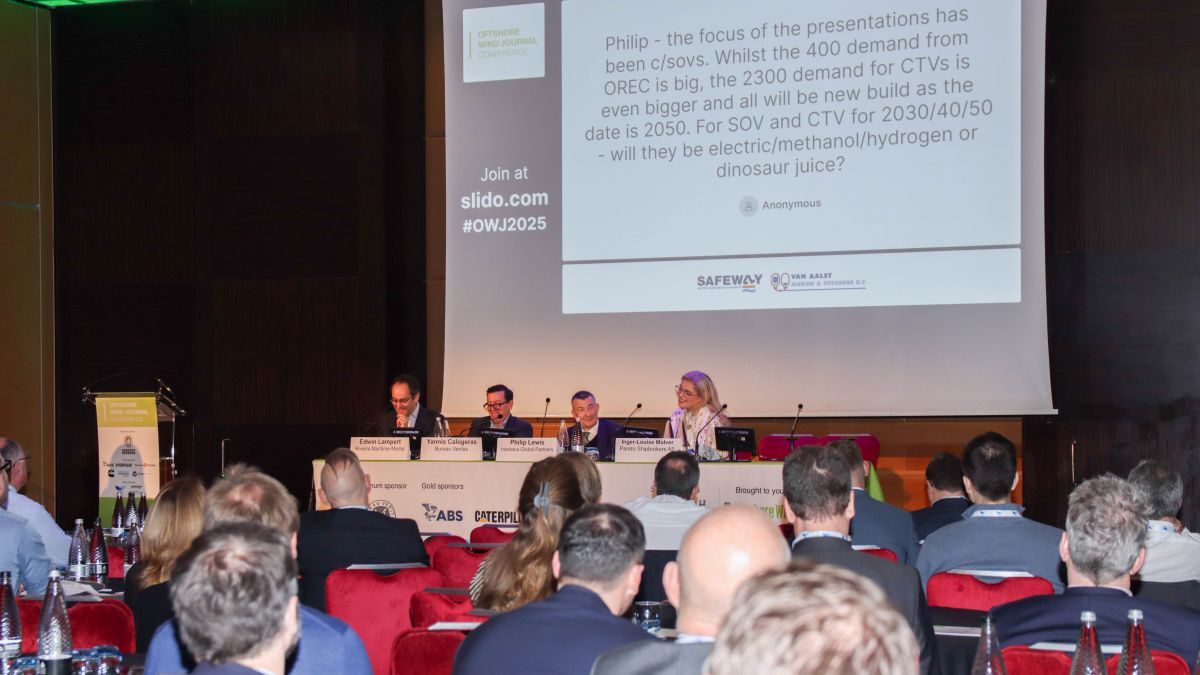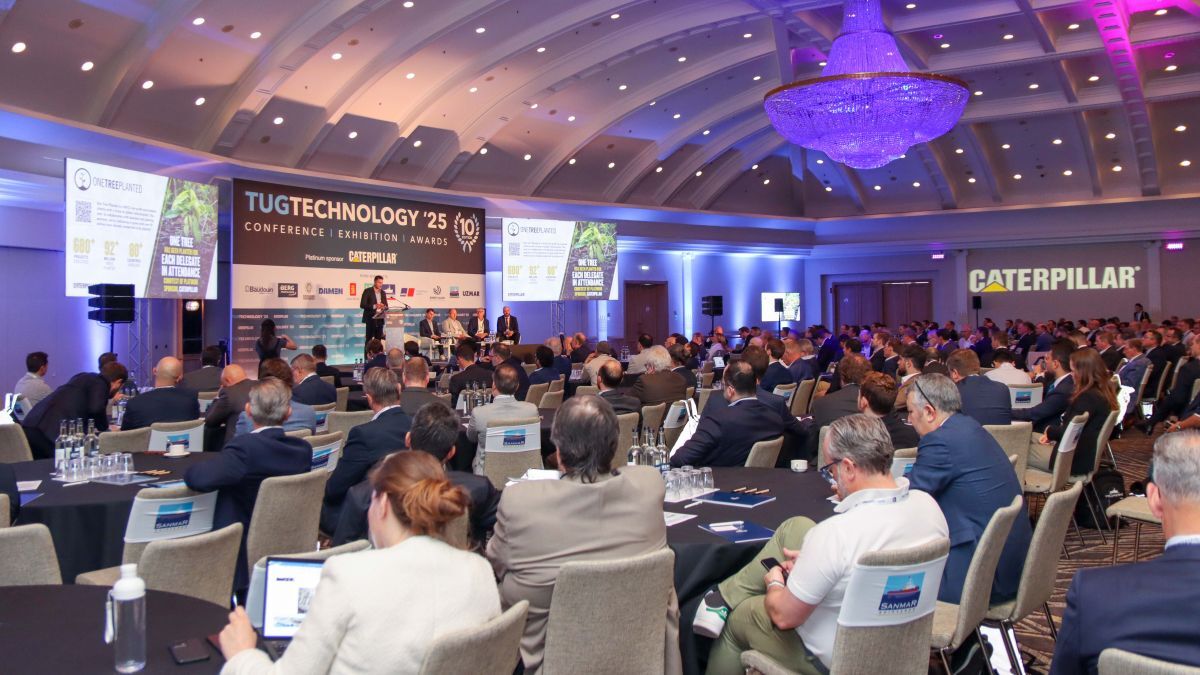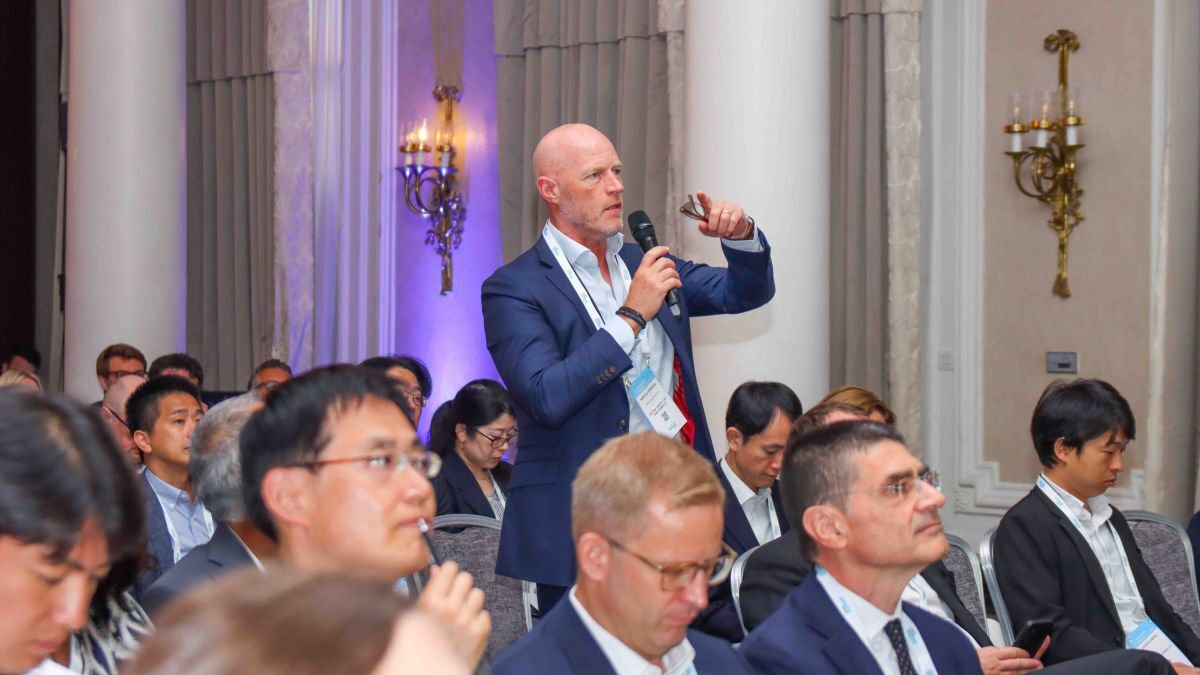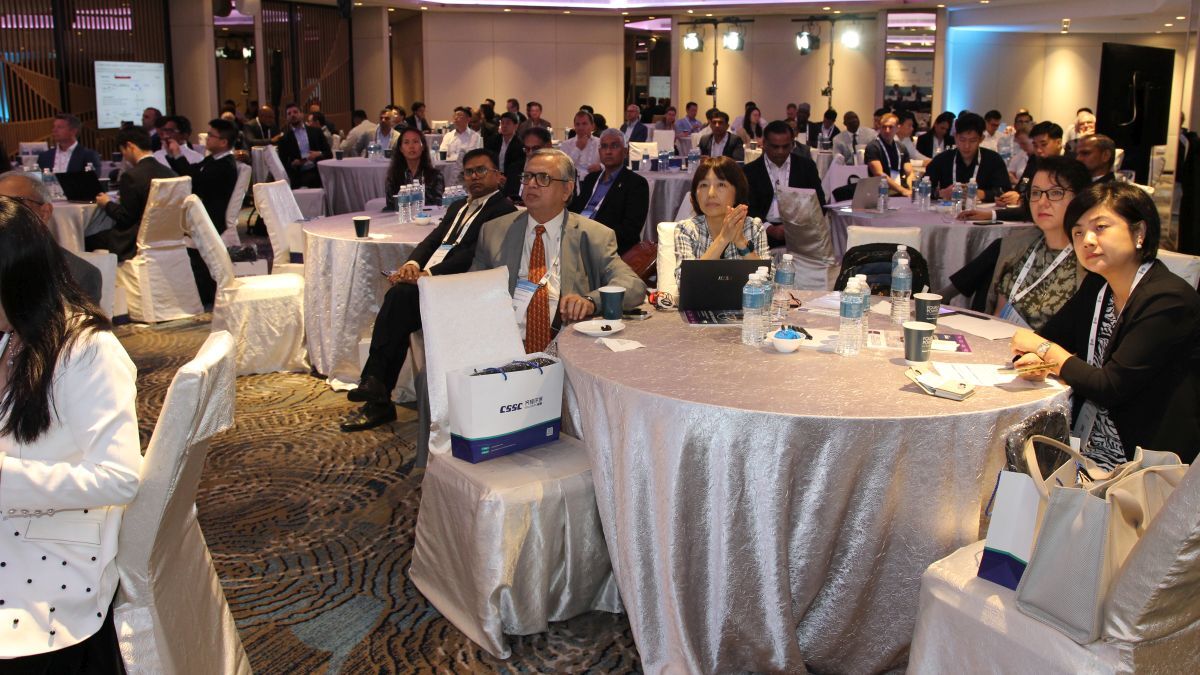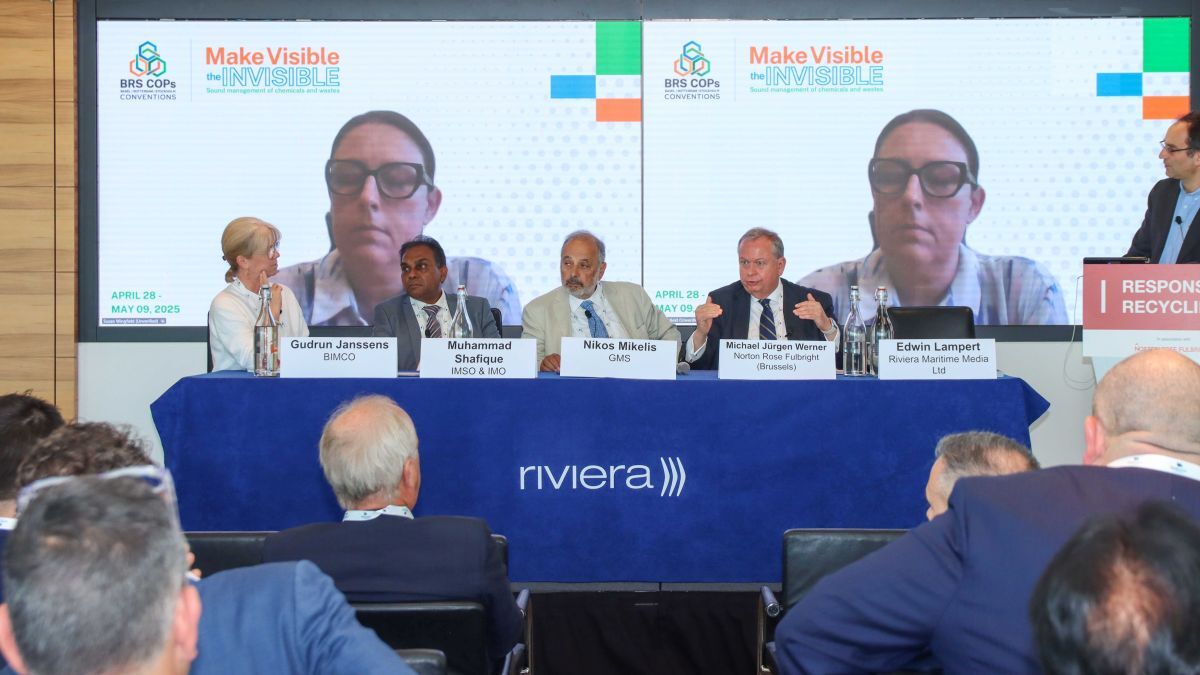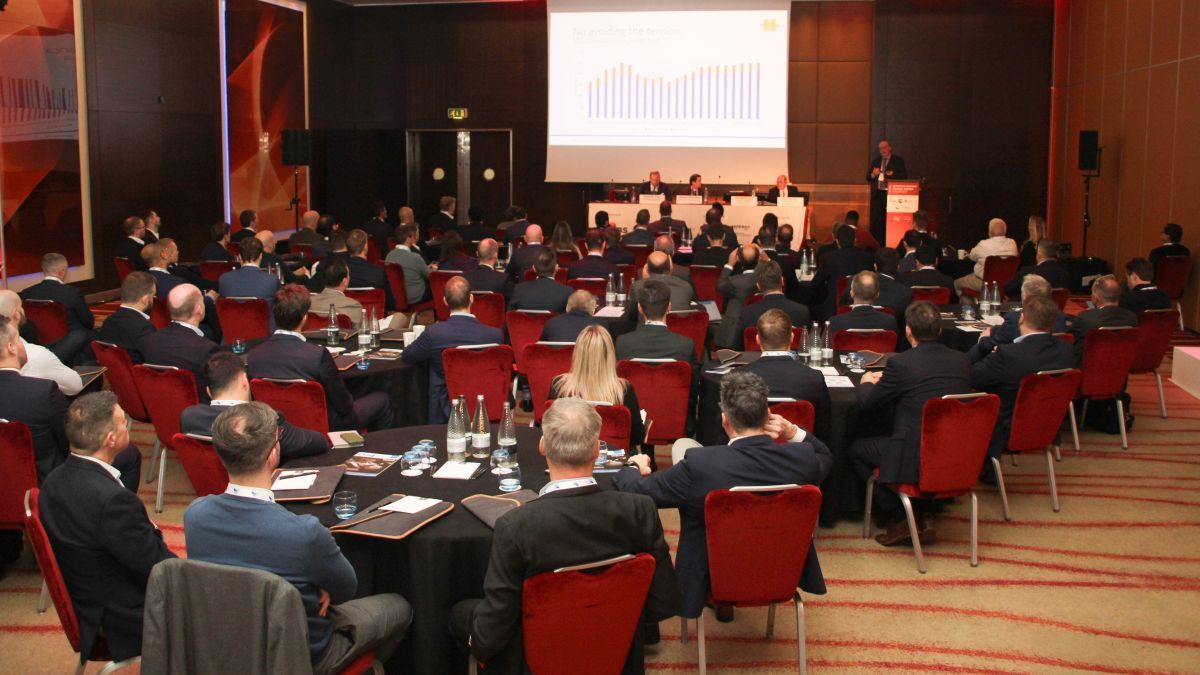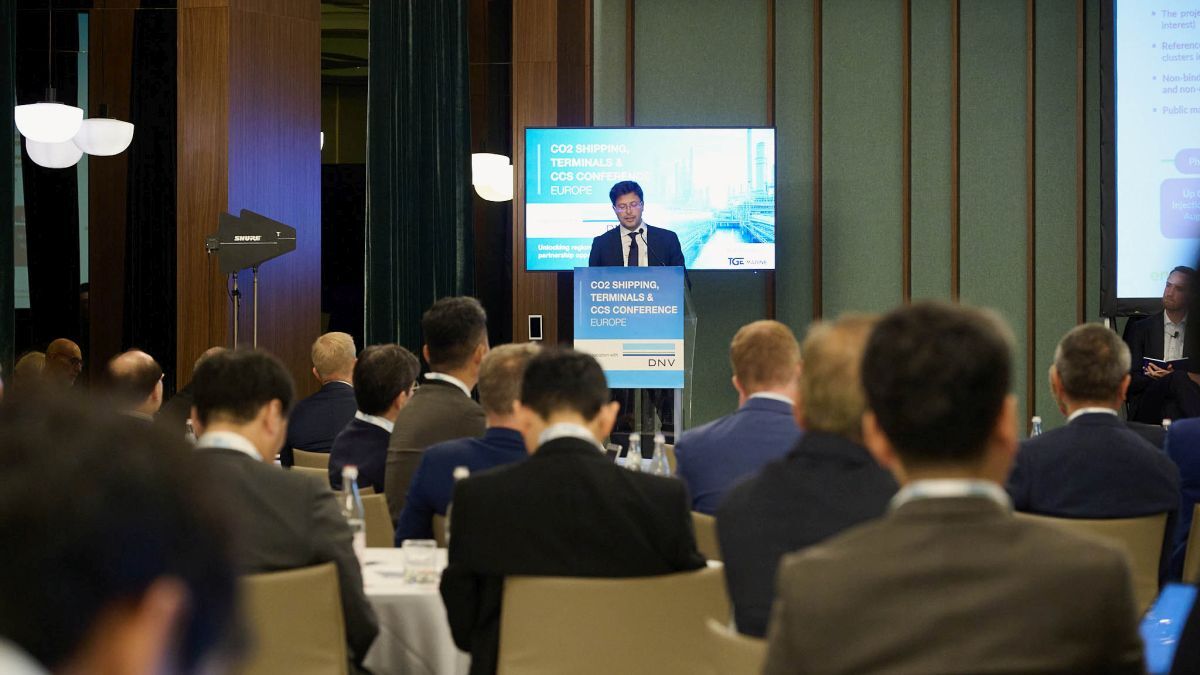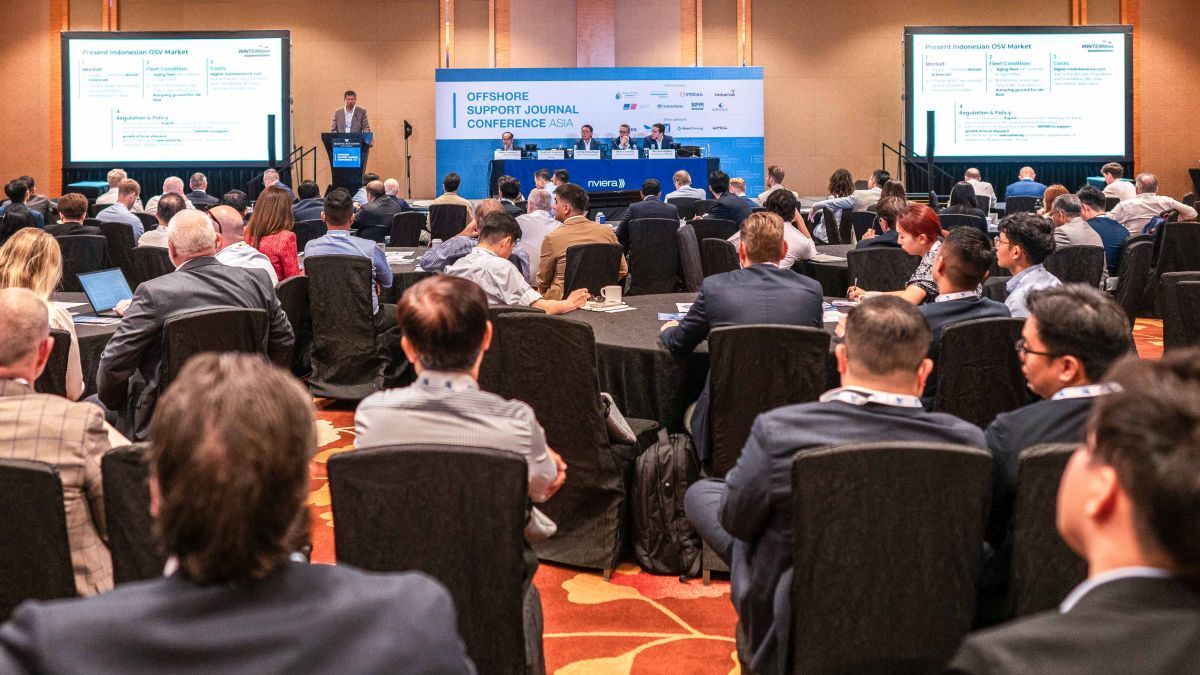Business Sectors
Events
Offshore Wind Webinar Week
Contents
Essential data and unrivalled networking at London tanker conference
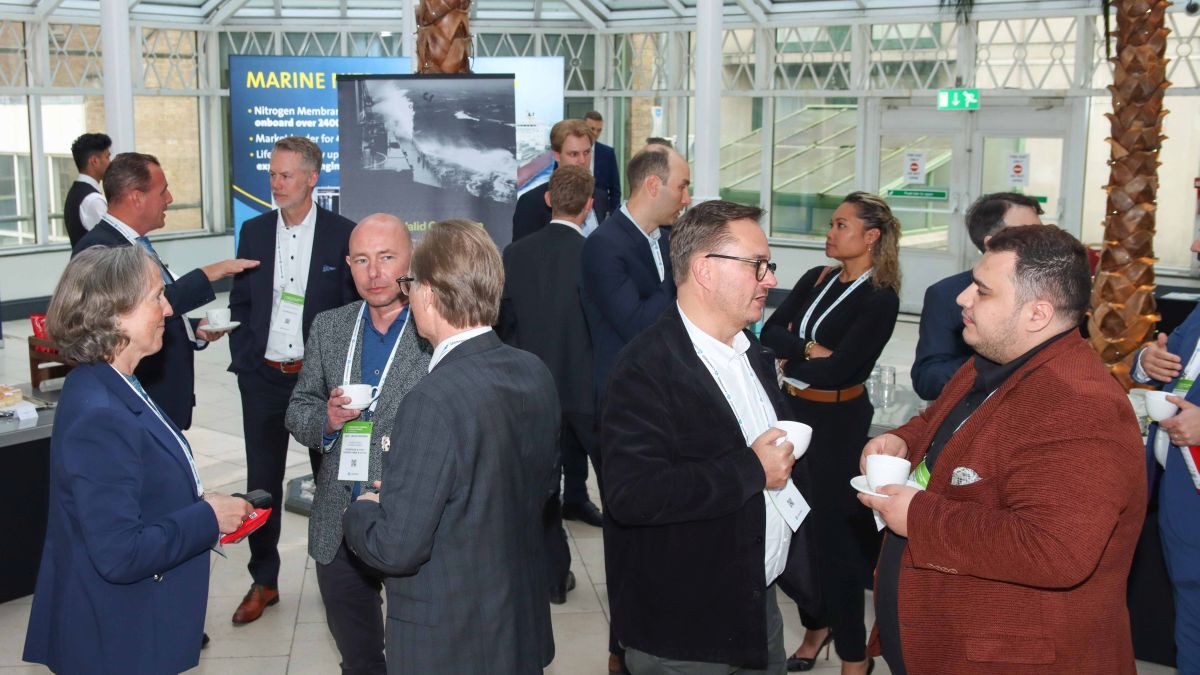
Delegates were given detailed insight into economic modelling of IMO’s net-zero framework: vessels using conventional fuels will face compliance costs of approximately US$1.2M annually by 2031. At the same time, a tightening market will intensify competition precisely when regulatory compliance costs begin differentiating vessel economics, creating a keenly discussed and debated "survival of the fittest" scenario where only the most efficient vessels remain commercially viable.
Fleet composition analysis proved particularly valuable for attendees. The conference revealed smaller chemical tankers (under 20,000 dwt) facing substantially better prospects than larger vessels, with data showing "small is beautiful in the product tanker markets in the next five years, especially when it comes to transporting a lot of the new kind of fuels needed for other ships." Such analysis is especially prized by tanker owners and operators when it comes to asset allocation and fleet renewal strategies.
Regional trade pattern analysis was another source of competitive intelligence. Attendee polling identified India and southeast Asia (60%) as the primary drivers of chemical shipping demand by 2029, with China falling to a distant second (25%). This represents a substantial reorientation from historical transatlantic and transpacific dominance, suggesting fleet positioning advantages for operators establishing early presence in these growth markets.
Especially valued was the technical intelligence shared on practical decarbonisation measures. Real-world performance data shared at the conference was given high marks and will be relied on for retrofit investment decisions that deliver both compliance benefits and operational cost advantages.
SIRE 2.0 implementation insights were also lauded for highlighting clear competitive differentiation opportunities. The shift from a checklist approach to evaluating human performance has doubled typical observation counts from 3.8 to 8.7, but leading operators at the conference demonstrated how crew training, digital tools and systematic preparation can dramatically improve outcomes.
For the strategic planners in the audience, the conference provided invaluable insight into navigating the industry’s three-phase transition timeline: immediate implementation of efficiency technologies through 2027; meeting decarbonisation benchmarks for 2030; and potential transition to purpose-built alternative fuel vessels post-2035 as infrastructure matures and technical obsolescence accelerates conventional vessel retirement.
As always, the conference exhibition was a popular focal point alongside the numerous networking breaks and popular evening drinks at the end of day one.
Summarising the benefits of attending, one delegate fed back that they regarded the event as an annual must attend, stating, "While published summaries capture headline figures, they cannot replicate the nuanced implementation insights and contextual understanding that come through direct engagement with the regulatory architects, technology providers and market analysts who are collectively shaping the industry’s response to its most transformative challenge in decades."
Riviera will be organising a second tanker conference in the second half of 2025. It’s Tanker Shipping & Trade Webinar Week takes place from 30 June and its Shuttle Tanker Webinar Week 2 July.
Upcoming Events
Offshore Wind Webinar Week
Maritime Decarbonisation, Europe: Conference, Awards & Exhibition 2025
Offshore Support Journal Conference, Americas 2025
Maritime Hybrid, Electric & Hydrogen Fuel Cells Conference & Exhibition, 2025
LNG Shipping & Terminals Conference 2025
Vessel Optimisation Webinar Week
Marine Coatings Webinar Week
Maritime Environmental Protection Webinar Week
© 2024 Riviera Maritime Media Ltd.






